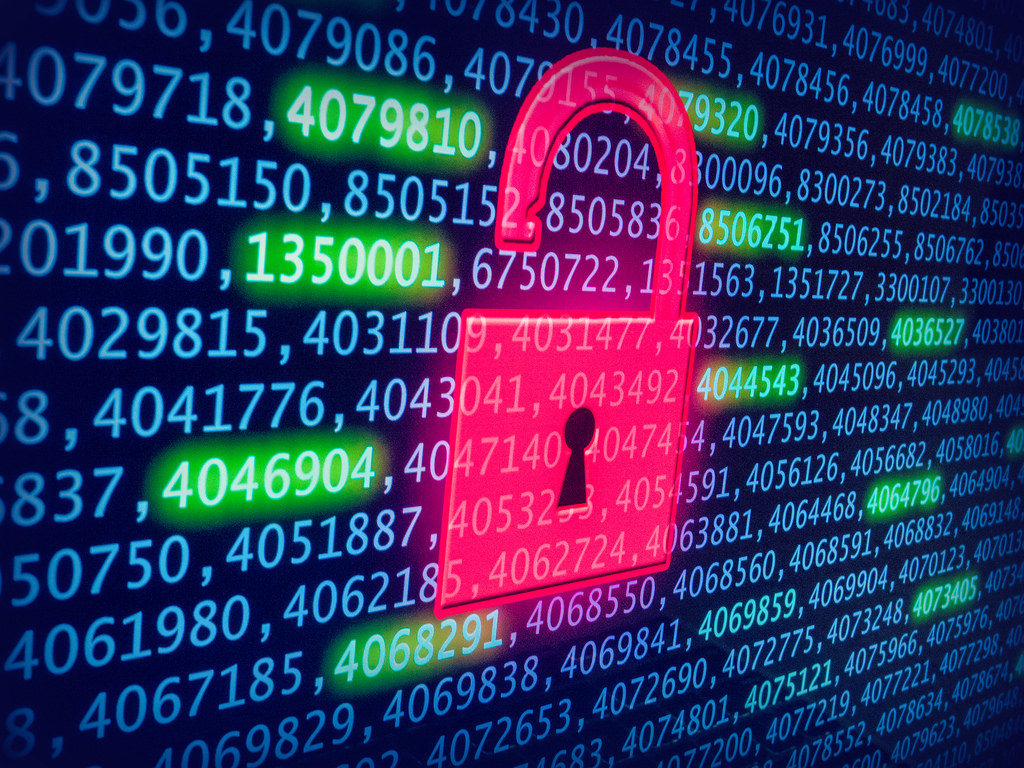Smart lighting in your home, wi-fi connected fridges, a smartphone app to control your central heating… Gone are the days when internet connectivity was reserved just for computers and laptops. As exciting as the Internet of Things (IoT) is for those of us who are gadget enthusiasts, it unfortunately comes with a brand new set of risks.
“ Every day there’s a new connected category coming online, from fridges to stove knobs, and every device is yet another potential attack vector.”
Where there is software, there is a risk of malware
Smart appliances, whether it’s TVs, fridges, toasters, or anything more or less advanced, can occasionally be accessed by outsiders, or contract malware. This carries the risk of disrupting their usage. Although, having your fridge hacked isn’t quite as problematic as having your payment details accessed by a hacker.
Whilst popular smart items such as smart speakers are becoming increasingly an everyday part of our lives, it seems like these aren’t yet at risk of malware or computer viruses.
Computers are still the main target for cyber criminals
The top affected devices are still by far computers and laptops. Followed by smartphones and tablets. This is mostly due to the fact that they have similar web browsing capabilities to computers, the sheer number of people who use these devices, and the nature of the information available to be accessed by hackers on laptops and tablets.
How to protect against malware
– Your first line of defence against malware is to install a good anti-virus software such as MailCleaner. Make sure you keep it up to date as viruses evolve, anti-virus software must do so too.
– Never open email attachments that contain files with extensions such as .exe, .com and .vbs. These types of files are capable of doing whatever wrong they have been programmed to do if opened! Without opening them you should be safe.
Protect your devices from malware and viruses with MailCleaner. An effective way to protect your email accounts against spam and viruses, easy to install, ensuring perfect data privacy, not expensive and of “Swiss made” quality.
